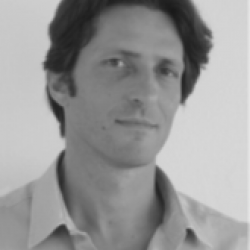
We present a unified theory of exceptional points of degeneracy (EPD) in coupled-mode guiding structures, i.e., a theory that illustrates electromagnetic mode characteristics under the special dispersion degeneracy condition of state eigenvectors. This concept finds a variety of applications in both optics and microwave regimes.
In particular, we investigate degeneracies of second, third and fourth order in electromagnetic systems. We also show the concept of Parity-Time (PT)-symmetry in coupled uniform transmission lines with balanced and symmetric gain-loss and how this condition is associated with various order EPDs. Fourth order degeneracies in periodic couple waveguides are also demonstrated, namely the degenerate band edge (DBE) in both lossless and gain-loss balanced structures. We also show how such fourth order EPD is perturbed due to tolerances and losses using full-wave simulation and demonstrate that experimentally as well in a metallic waveguide with DBE.
These special degeneracy conditions are promising to enhance the performance of a variety of microwave and optical resonators and devices such as oscillators, including lasers, amplifiers and sensors. In particular we will show how to use the DBE in a pulse compression application: when operating at the DBE, the waveguide system excited by an external generator accumulates energy over a length of time. By breaking the DBE (i.e., by using varactors) the energy is no longer trapped, enabling very short (in time) output pulse with high power pulse compression ratio. We will show also how the DBE leads to oscillators with low threshold and possibly high efficiency. We have use this concept in various kind of oscillators, with lumped elements, microwave circuits, and lasers. We are currently exploring other applications like wide band high power amplifiers in slow-wave structures with an electron beam using a third order degeneracy.
His research interests include applied electromagnetics in general, sensors in both microwave and optical ranges, photonics, microscopy, metamaterials and their applications, traveling wave tubes, antennas, propagation, wireless systems, chip-integrated systems, etc.
